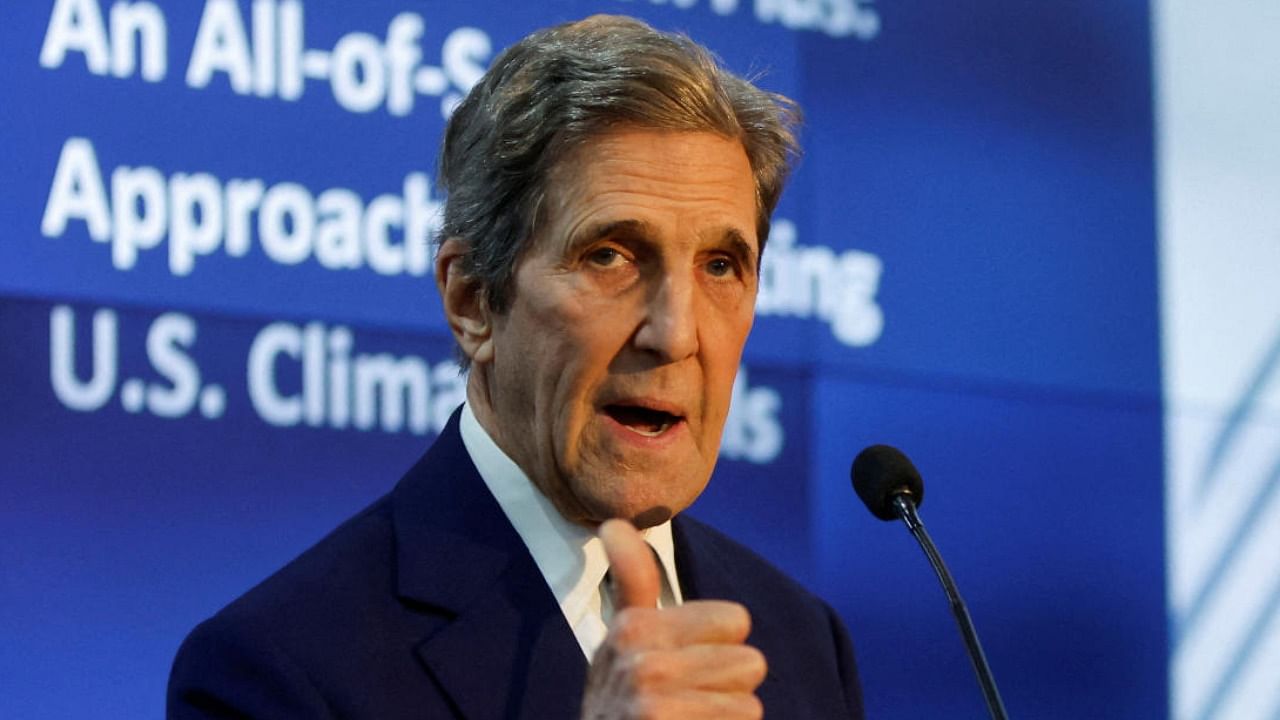
Negotiators were poised to make a final push for a deal at the COP27 climate talks in Egypt on Saturday, as persistent disagreements over money forced the two-week talks into overtime.
Complicating matters, US Special Climate Envoy John Kerry – a powerful force in climate diplomacy – tested positive for Covid-19 following days of bilateral in-person meetings with counterparts from China and the European Union to Brazil and the United Arab Emirates.
The outcome of the conference, which was meant to end on Friday, is widely seen as a test of global resolve to fight climate change, as a war in Europe and rampant consumer inflation distract international attention.
An official draft of the agreement released Friday morning reaffirmed past commitments to limit global warming to 1.5 degrees Celsius – the point at which scientists say the effects of climate change will get much worse.
But it left crucial issues unresolved, including the main sticking point between rich and poor nations of how to compensate countries already ravaged by climate-driven floods, droughts, mega-storms and wildfires.
In a potential breakthrough, the European Union said late on Thursday it would back the demand of the G77 group of 134 developing countries to set up a fund to help them cope with so-called "loss and damage".
But it was unclear on Friday whether developing countries would accept the EU's stipulation that the funding come from a broad base of countries including China, and that only "the most vulnerable countries" benefit from the aid.
Delegates were still waiting to learn how the United States and China would respond. Some countries, including the EU and Britain, have also pushed for the overall deal in Egypt to lock in country commitments for more ambitious climate action.
Others, including India, are hoping the final deal asks countries to phase down all fossil fuel use, instead of just coal – an idea that resource-rich countries, especially in Africa, have resisted.
A deal at COP27 must be made with support from all of the nearly 200 countries present.